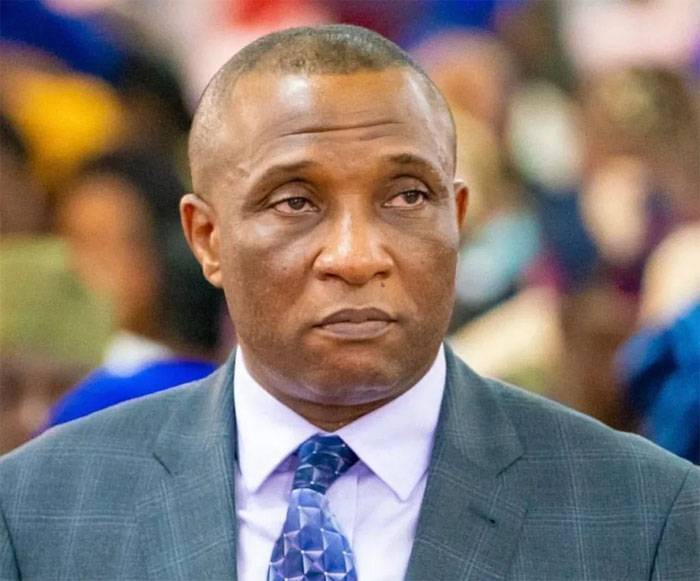The recent petrol price hike by the Nigerian National Petroleum Company Limited (NNPCL) and the contrasting ultimatum issued by Lagos State’s Commissioner for Environment and Water Resources, Tunji Bello, for traders to crash prices highlight the complexity of Nigeria’s economic landscape. While both actions reflect attempts to manage rising costs and protect consumers, they are emblematic of a disjointed approach to addressing the root causes of inflation and economic instability.
On one hand, the NNPCL’s petrol price hikes are a direct consequence of Nigeria’s reliance on oil imports and the fluctuating global oil markets. The removal of subsidies, while necessary for fiscal sustainability, has pushed the cost of fuel to levels that have caused widespread hardship for Nigerian consumers and businesses. The government’s inability to stabilize fuel prices, despite being one of the largest oil-producing countries, signals a deeper issue within Nigeria’s energy infrastructure and economic policies. As fuel prices rise, so do the costs of transportation, manufacturing, and other essential goods, exacerbating inflation and further eroding the purchasing power of the average Nigerian.
In contrast, Tunji Bello’s ultimatum to traders to crash prices seems well-intentioned, aimed at protecting consumers from profiteering. However, it reflects a misunderstanding of the broader economic dynamics at play. Traders, like any business operators, base their pricing on input costs, of which fuel is a significant component. When fuel prices rise, so do transportation and logistics costs, which traders inevitably pass on to consumers. Demanding that traders slash prices without addressing these fundamental cost drivers is unsustainable and could even lead to shortages if businesses cannot remain profitable.
The real issue here is the disconnect between economic realities and policy responses. The fuel price hike has a cascading effect on the economy, driving up costs across all sectors. Without a comprehensive approach to stabilize these underlying factors—such as local refining capacity, improved infrastructure, and more targeted subsidies—the expectation for traders to voluntarily reduce prices becomes unrealistic.
A more effective strategy would involve government collaboration with the private sector to identify and address specific areas where costs can be reduced sustainably. Instead of ultimatums, policy incentives such as tax breaks, subsidies on transportation, or even support for local production of essential goods could help ease the burden on traders and consumers alike.
In the end, the NNPCL’s fuel price hike and Tunji Bello’s ultimatum highlight the complex relationship between government policy, market forces, and consumer welfare. Both actions may have their merits, but without a coordinated, holistic approach to Nigeria’s economic challenges, they risk aggravating the very issues they aim to solve. It is time for policymakers to focus on structural reforms that address the root causes of inflation and cost pressures, rather than temporary fixes that may only add to the strain on Nigeria’s already struggling economy.







